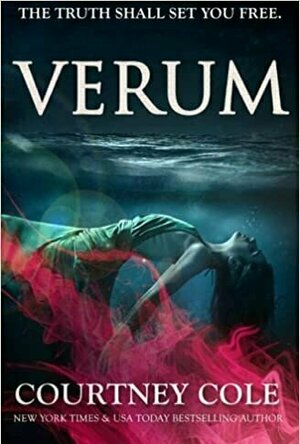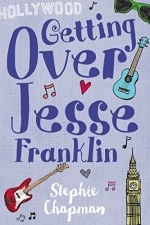Hazel (1853 KP) rated Larry, Bush Pilot in Books
Mar 18, 2021
This short story loosely reflects Lawrence Mierek's childhood. As a teenager, his father taught him to fly a plane on the airstrip behind their barn. The narrative is likely an imagined scenario, placing a young boy in a precarious situation, which many children would not have the means to solve. Only through extreme determination and courage is Larry able to rescue his father.
Larry, Bush Pilot is a short story intended for primary school children. The few illustrations between chapters make it an appropriate step between picture books and teenage novels. Larry's life on the farm allows modern children to learn about the world before digital technology and the importance of a family working together. The story also tells the reader that if they believe in themselves and their abilities, they can achieve great things.
Jordan Mierek has stepped into the world of children's literature and proved that she is more than capable of writing for several age groups. Larry, Bush Pilot is the first in a series called Flying Acres, and we look forward to joining Larry on his next adventure.
Kristina (502 KP) rated Verum (The Nocte Trilogy, #2) in Books
Dec 7, 2020

Candy Princess Adult Coloring
Entertainment and Games
App
◊ Delicious Coloring Book! Tired of usual coloring books? Try something new! Feel completely...
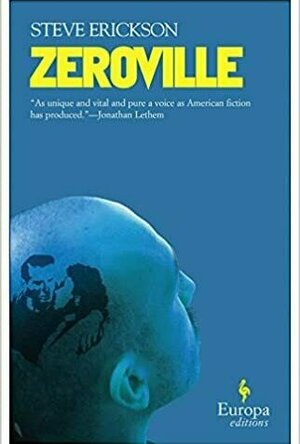
Zerovillie
Book
A Los Angeles Times, Washington Post, and Newsweek Best Book of the Year It is an August afternoon...
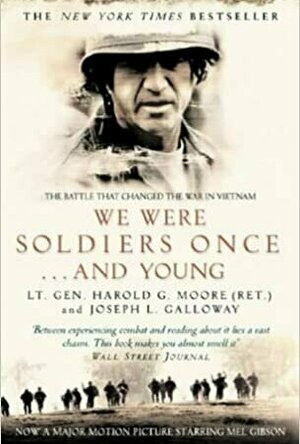
We Were Soldiers Once... and Young: The Battle That Changed the War in Vietnam
Book
'If you want to know what is was like to go to Vietnam as a young American... and find yourself...

The Says Wife
Book
The highly anticipated new historical adventure from the bestselling author of The Champagne War. ...
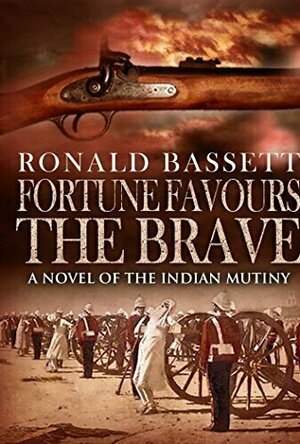
Fortune Favours the Brave (Rifleman Dando #1)
Book
India, 1857. Joseph Dando, a resilient young Cockney, finds himself on Delhi Ridge in India fighting...

Kung Fu Panda Holiday Storybook
Book and Entertainment
App
★ Featured in "What's Hot" in the Apple App Store iStoryTime brings you Kung Fu Panda Holiday...
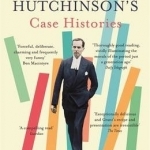
Jeremy Hutchinson's Case Histories: From Lady Chatterley's Lover to Howard Marks
Book
Read an extract here THE SUNDAY TIMES BESTSELLER 'Thomas Grant has brought together...
mostlyinpyjamas (13 KP) rated Getting Over Jesse Franklin in Books
Nov 29, 2017
Totes awkward. Especially if I’ve told them I’m reading it. I worry that I’d have to leave twitter in case they ask me if I liked their book.
So, I’d been putting off reading Getting Over Jesse Franklin. But it’s on offer, free on Amazon right now, and when I saw that, I suddenly had a bad case of FOMO.
I had to read it because what if I was missing out on a good thing?
And I’m so glad that I did!
Just one chapter in I tweeted that I was hooked.
I walked around Asda, still reading, this evening, and I’m admitting nothing here but I might have served pot noodles for dinner because I could not put the book down.
If you’ve ever had a crush on a member of a band you’ll enjoy the trip down memory lane, if you’re a sucker for a romance you’ll love this one.
It’s not insta love, which so many stories are lately, it’s a romance that blossoms, at first, on the internet.
We’ve all been there haven’t we? Waiting, hoping, for a message to ping, almost afraid to look in case it doesn’t, feeling your heart stop for a moment when it does.
Let me tell you, I now have a major crush on Jesse Franklin!
Stephie writes so well, the story keeps moving, I loved the cast of characters, Cassie’s friends, family, colleagues, and of course Jessie’s family.
The story is told by Cassie and reads in such a way that it’s like a friend telling you a story over a bottle of wine and a slice – or two – of cake.
The descriptive writing is spot on, I could picture every scene perfectly.
At one point I wanted to grab Cassie by the shoulders, give her a firm shake and tell her not to do it, to slow down, but she did do it, and she broke my heart. There I was reminiscing about the posters I had on my wall as a teen, smiling because sometimes an online relationship can lead to love, my optimistic heart all a flutter, then boom! I found myself heartbroken in aisle 7 of my local Asda.
I absolutely loved this book! So much that I’m now going to buy the sequel, Jetplanes to Jupiter. I just hope I can put it down for long enough to cook a proper dinner tomorrow.
I wholeheartedly recommend Getting Over Jesse Franklin but read it at the weekend because you’ll get nothing done.

